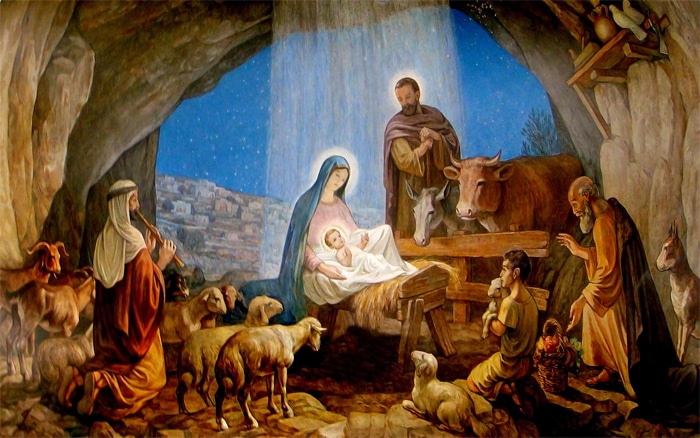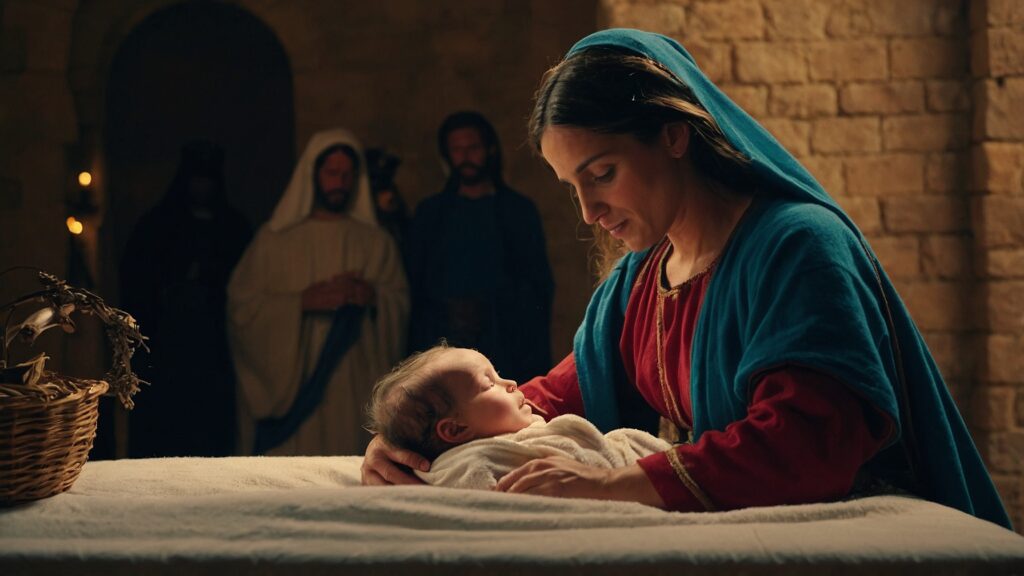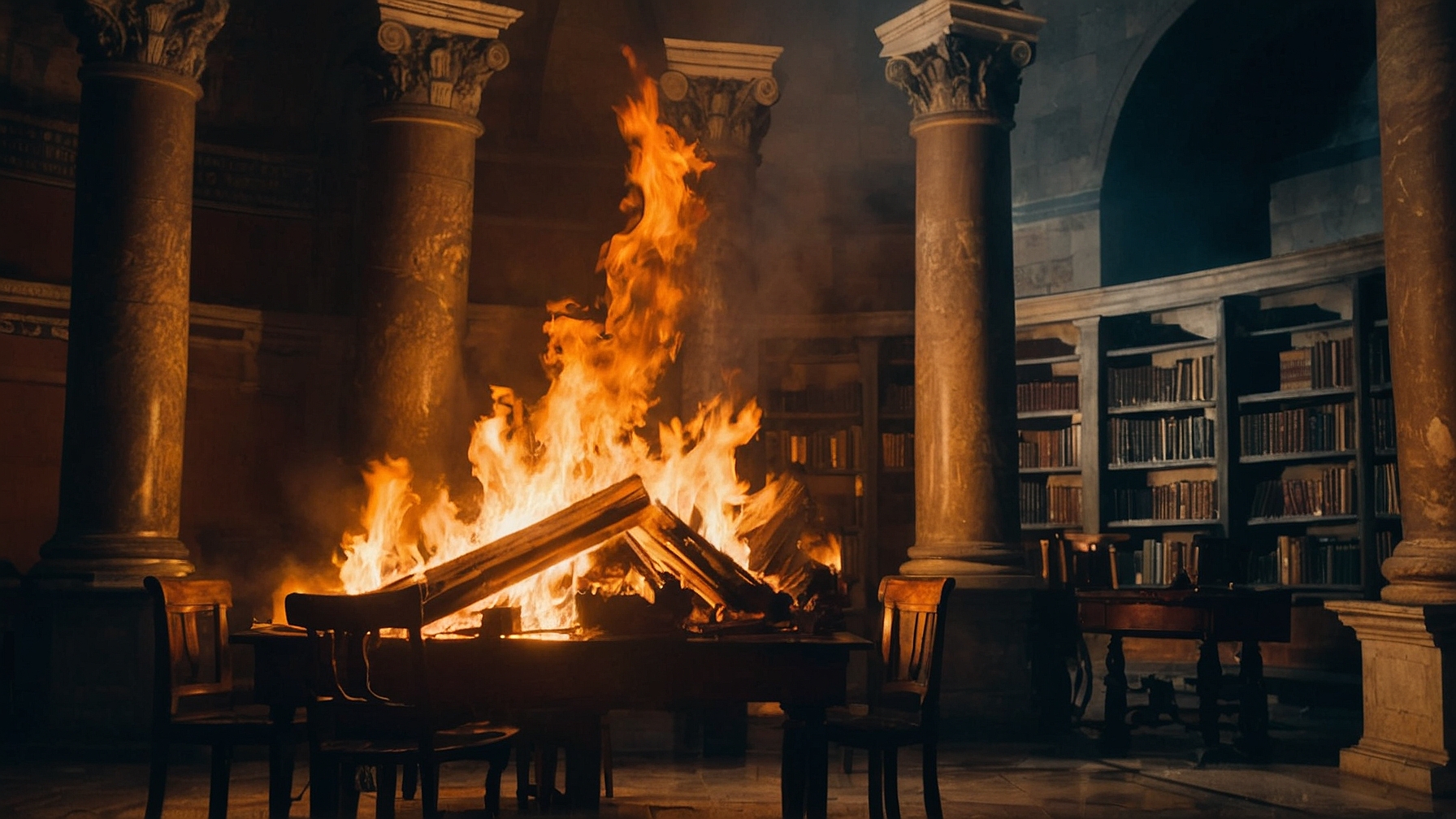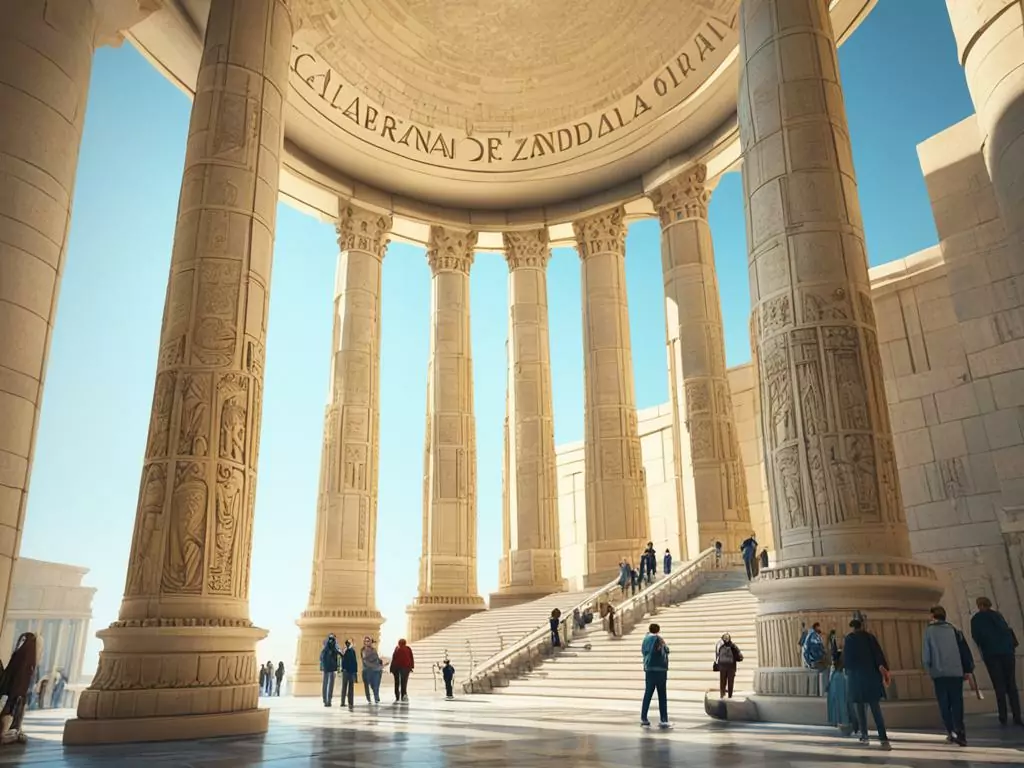Adverts
As we approach the festive season of Christmas, it is natural to wonder about the authenticity of the date we celebrate and the details surrounding the birth of Jesus Christ.
In this article, we will embark together on a journey of discovery and reflection, exploring why Christmas does not necessarily represent the actual date of Christ's birth, the reasons behind changing the date, and the historical and biblical accounts of this extraordinary event.
Adverts
The Christmas Date Controversy: A Question of History and Tradition

Christmas, as we know it today, is celebrated on December 25th in much of the Christian world. However, there is historical evidence to suggest that this date does not correspond to the actual birth date of Jesus Christ.
Adverts
The choice of December 25th is shrouded in mystery and speculation, with many historians pointing to pagan cultural and religious influences that were incorporated into the Christian celebration.
Origins of Christmas: Pagan Influences and Christian Traditions
One of the theories about the origin of Christmas on December 25th dates back to the pagan winter solstice festivities, which celebrated the rebirth of the sun and the return of light after the shortest days of the year. Early Church leaders saw this date as an opportunity to replace pagan rituals with Christian celebrations, highlighting the birth of Christ as the true light of the world.
The Birth of Christ: A Biblical and Historical Narrative

Despite the uncertainties surrounding the date of Christmas, the biblical accounts in the Gospels of Matthew and Luke offer some clues about the birth of Jesus Christ. According to these accounts, Jesus was born in Bethlehem, a city in Judea, during the reign of Herod the Great. His mother, Mary, gave birth in a manger as there was no room for them at the inn.
The Gospels also mention the presence of the shepherds, who were informed by an angel about the birth of the Messiah, and the Magi, who followed a star to Bethlehem to worship the newborn. These elements form the basis of the traditional narrative of the birth of Christ and are celebrated in various ways during Christmas festivities.
The Spiritual Importance of Christmas: Beyond the Date and Historical Details
Although the exact date of Christ's birth may remain shrouded in mystery, the spiritual significance of Christmas transcends historical and chronological considerations. For Christians around the world, Christmas is an opportunity to celebrate the birth of Jesus Christ, the Savior of the world, and to reflect on the deeper meaning of his life and teachings.
Christmas invites us to cultivate feelings of love, compassion and generosity, to share the joy of the season with our loved ones and to reach out to those less fortunate. It is a time of unity and hope, in which we can renew our faith and reaffirm our commitment to the values that Christ taught.
Conclusion: A Celebration of Faith, Hope and Renewal
As we approach Christmas, it is important to remember that the true essence of this holiday goes beyond the dates and historical details. Christmas is a celebration of faith, hope and renewal, an opportunity to reconnect with the deeper meaning of our spirituality and our humanity.
May we celebrate Christmas with gratitude in our hearts, remembering the true gift that Jesus Christ brought us – the gift of divine love and redemption. May we share this light with the world and make Christmas a time of peace, joy and harmony for all.




